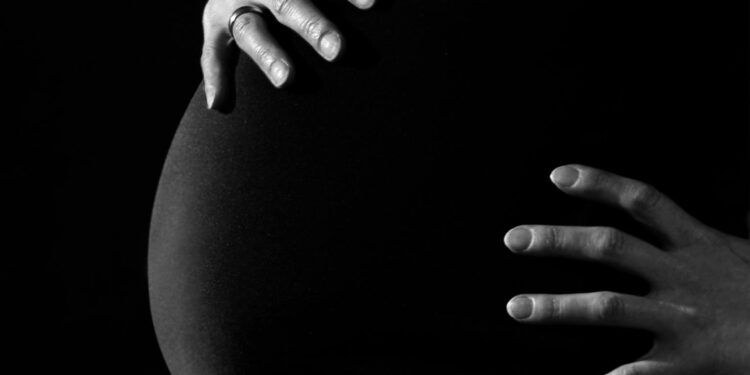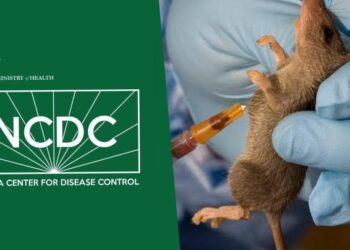Chemical pregnancy is a type of early miscarriage that occurs shortly after a woman becomes pregnant, usually before the fifth week of pregnancy. According to a study undertaken by Mihai Cristian Dumitrascu et al., “50-75% of all miscarriages are considered to be chemical pregnancies.” Many women may not know they have a chemical pregnancy since it occurs around the time their period is due and seems to be a normal menstrual cycle. In this article, we will learn about the occurrence of chemical pregnancy and how to differentiate it from later miscarriage symptoms.

How Does Chemical Pregnancy Occur?
The normal fertilization process is followed in a chemical pregnancy, just like in a typical pregnancy. In the fallopian tube, the sperm and the egg briefly come into contact. The result is a fertilized egg, which is now known as the zygote. The zygote starts to divide rapidly, and after a few days, it becomes a blastocyst. The blastocyst then passes through the fallopian tube and into the uterus. When the blastocyst reaches the uterus, it attaches itself to the lining of the uterus and starts to grow into an embryo.
Subsequently, the body begins to create pregnancy hormones known as Human Chorionic Gonadotropin, or hcg, which can be detected through blood and urine testing. However, in chemical pregnancy, the embryo stops developing shortly after implantation. When the embryo ceases to develop, hCG levels drop, resulting in menstrual-like flow and cramps.
Signs and Symptoms of Chemical Pregnancy
Chemical pregnancy is a complex topic because its symptoms differ from those of typical pregnancy and later miscarriage symptoms. Keep in mind that chemical pregnancy symptoms can vary, and some women may not experience any at all. Notwithstanding, let us look at each of their symptoms.
Symptoms of Chemical Pregnancy
- Late period
- Cramping
- Heavy bleeding
- Positive pregnancy test followed by bleeding.
Pregnancy Symptoms
- Nausea and vomiting
- Breast tenderness
- Fatigue
- Missed period
- Frequent urination
Signs of miscarriage (Later than a Chemical Pregnancy)
- Heavy bleeding
- Severe cramping
- Passing of clots or tissues from the vagina
- Loss of pregnancy symptoms
- Clear or pink fluid discharge
- Positive pregnancy test followed by persistent bleeding
Bottom Line
Miscarriage is a difficult subject to discuss due to the long-term emotional impact it has on those impacted. However, this needs to be discussed in order to educate future moms and mothers who want to have more children later in life. There are various types of miscarriages, one of which is known as ‘chemical pregnancy’.
Chemical pregnancy is a type of early miscarriage in which the embryo fails to grow after being implanted in the uterine lining. Chemical pregnancy symptoms differ from those of a typical pregnancy and subsequent miscarriage. Its symptoms include late periods, cramps, heavy bleeding, and a positive pregnancy test followed by bleeding.


















Everyday we learn new things
This womanhood mehn